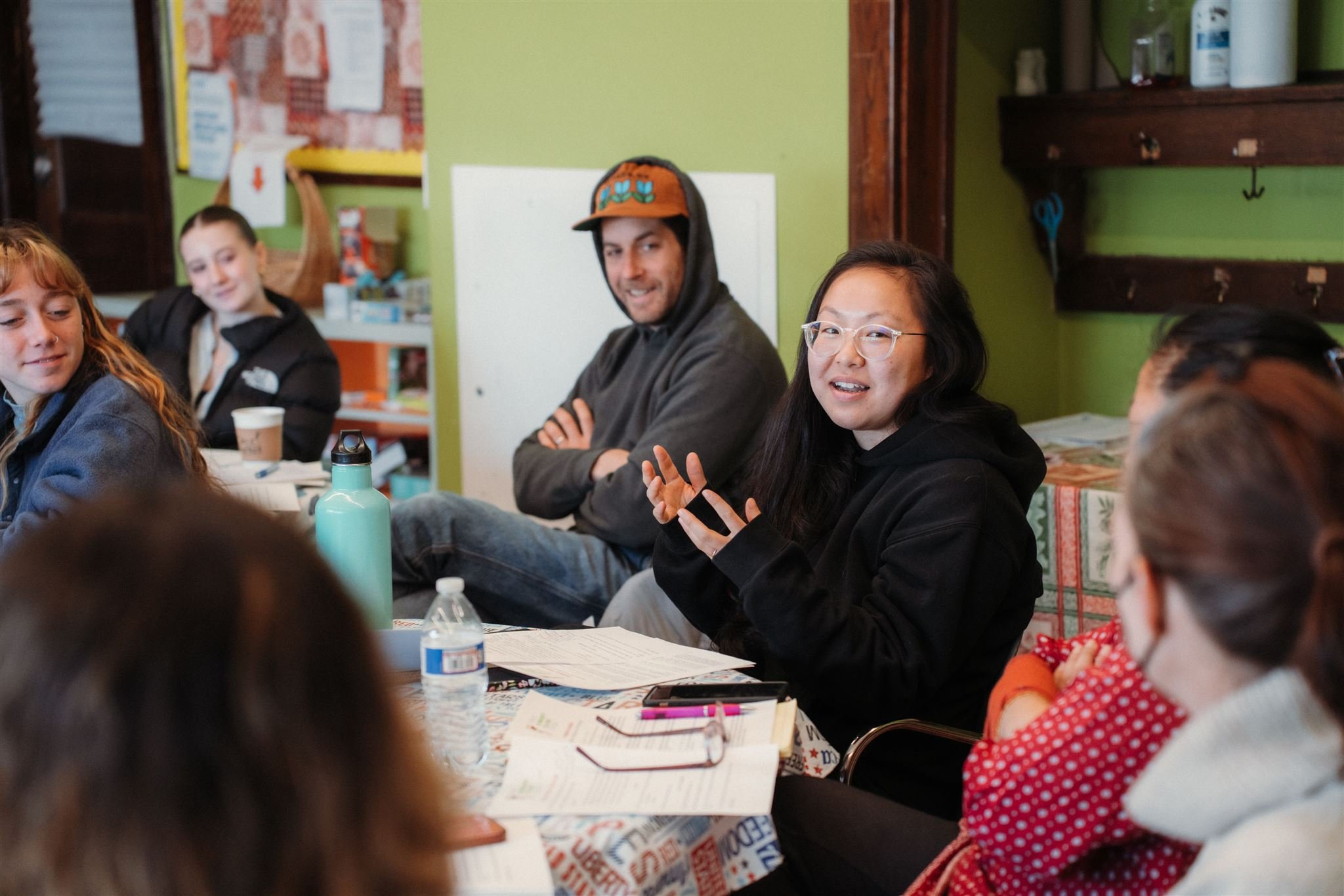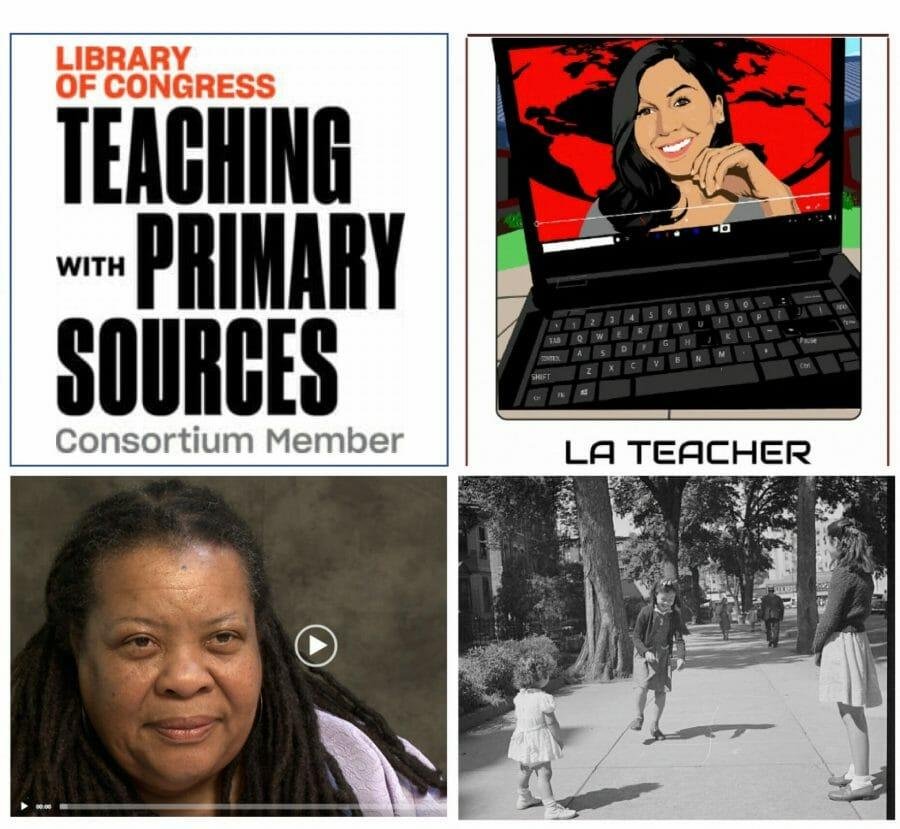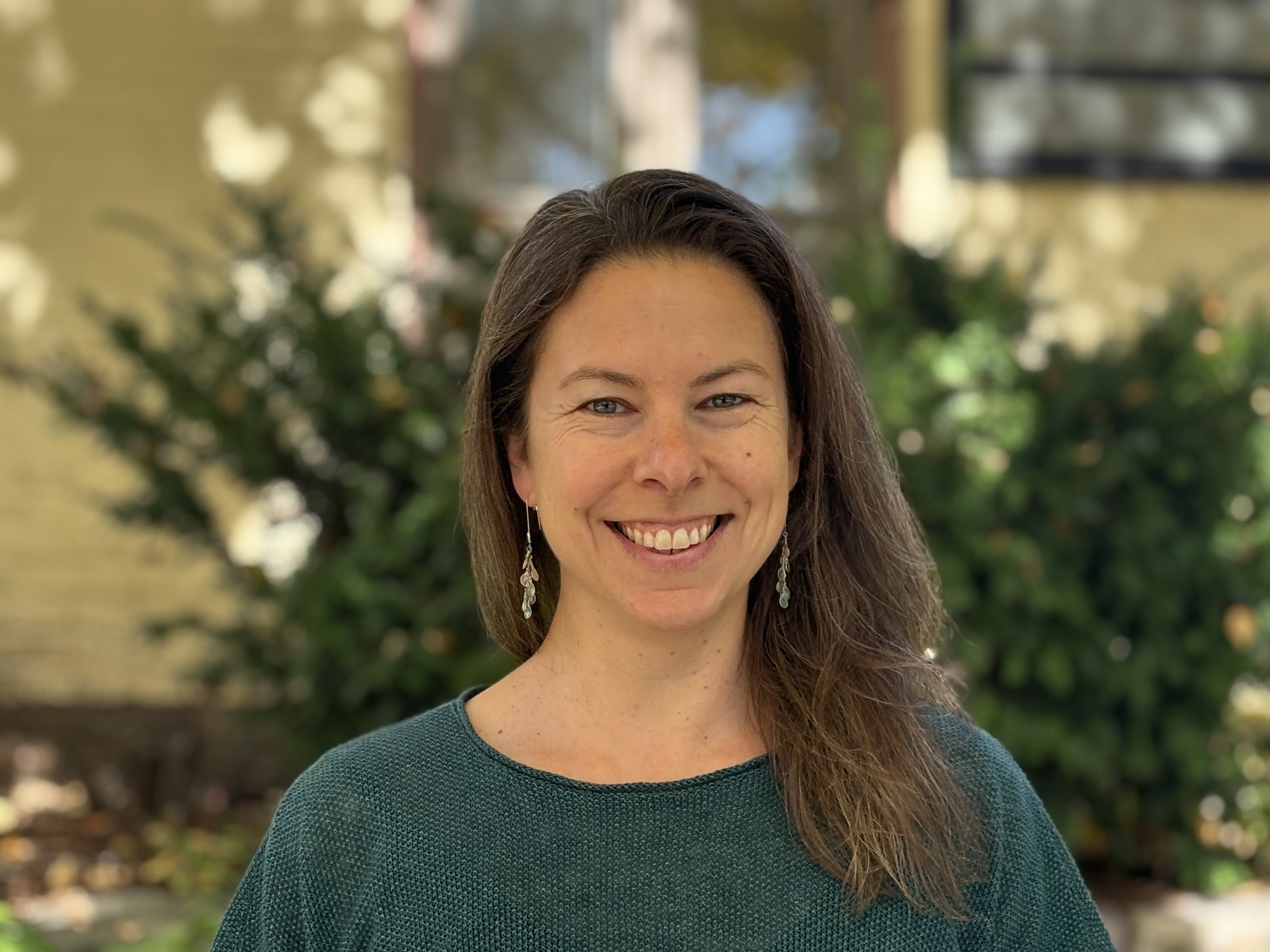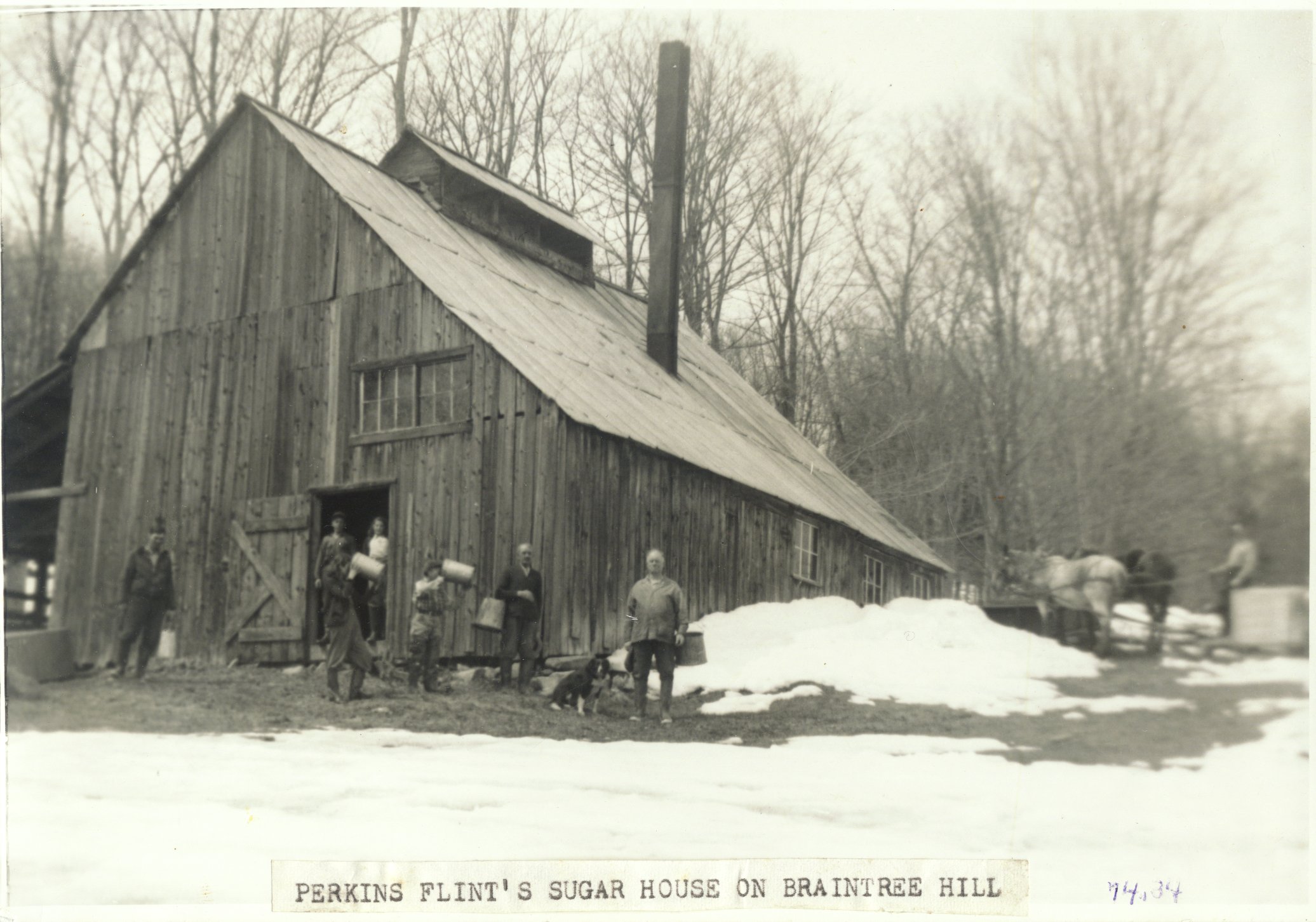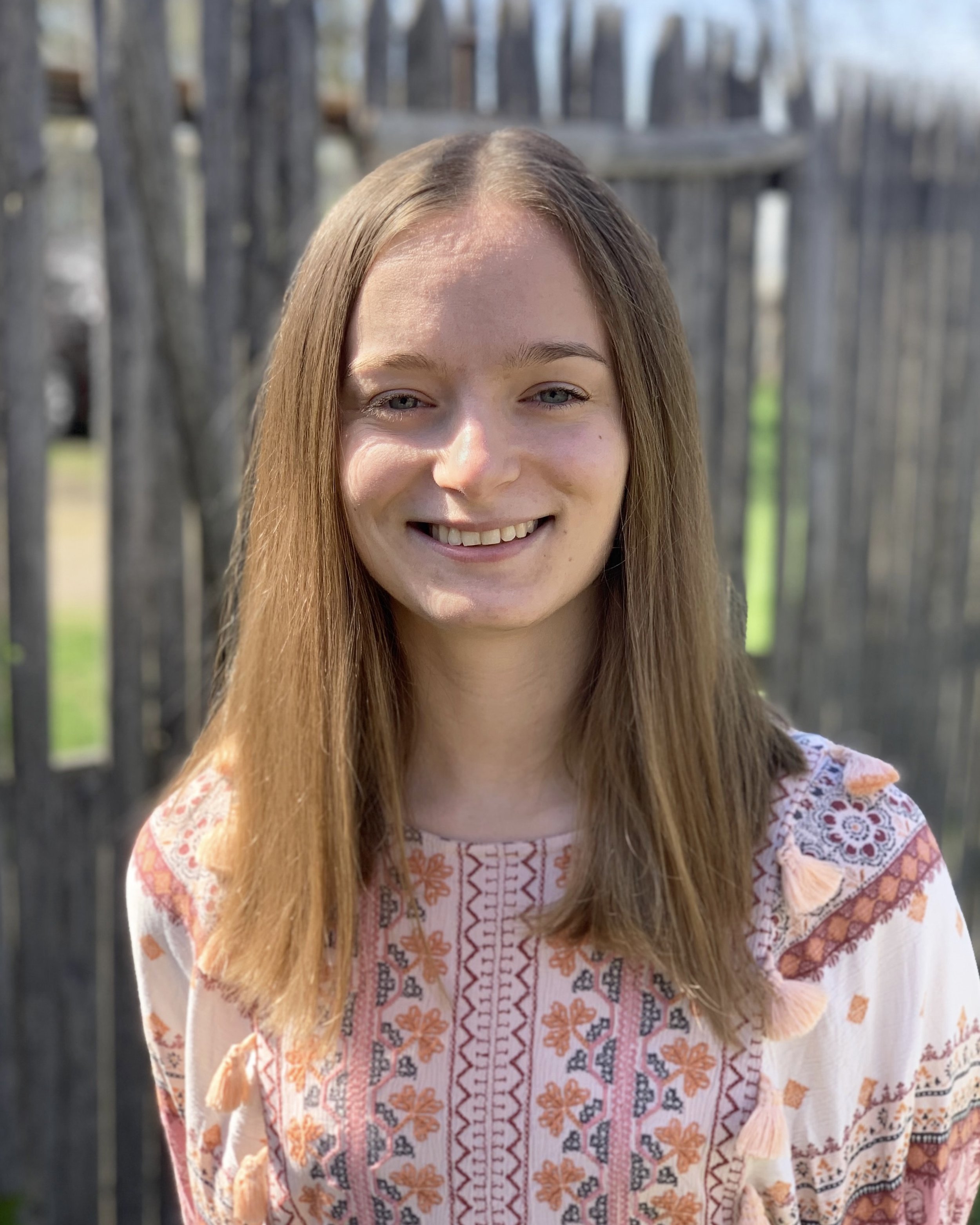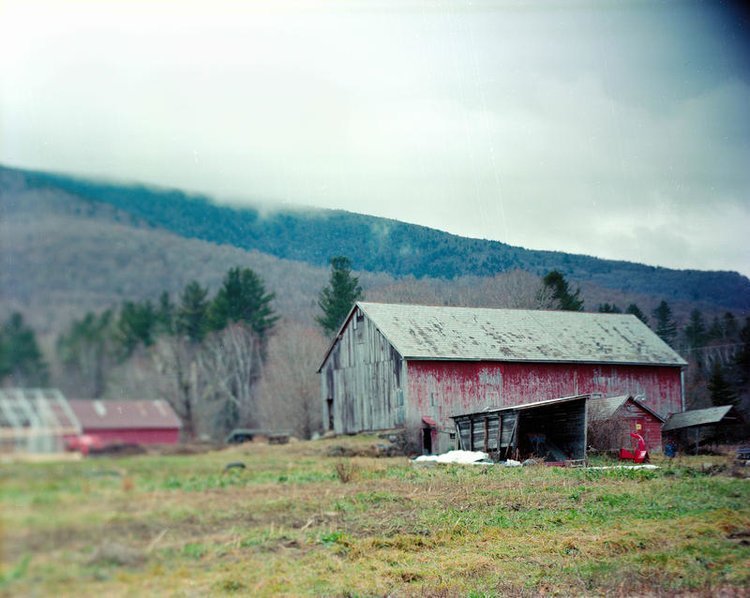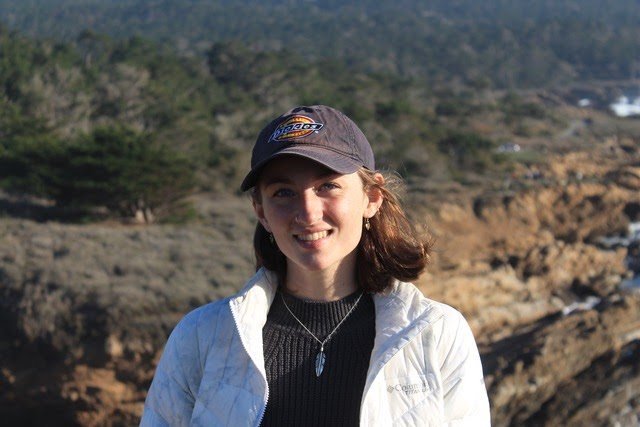
Everyone is the expert of their own experience.
We believe
We support educators, community members, students, media makers, artists…YOU!
…in learning about the world by listening to and learning from the people and communities of Vermont.
Our collaborations with educators, students, artists, non-profit professionals, and others are rooted in Vermont Folklife’s approach to ethnographic inquiry: to understand experience from the perspective of the person to whom that experience belongs. Through techniques such as interviewing, fieldwork, and media production, learners can recognize every person as valuable and significant, as an expert in their own arenas of activity, as creative, smart, and capable. No one is on the margins; no one is dismissible.
Here are some ways you can learn with us:
For All Learners

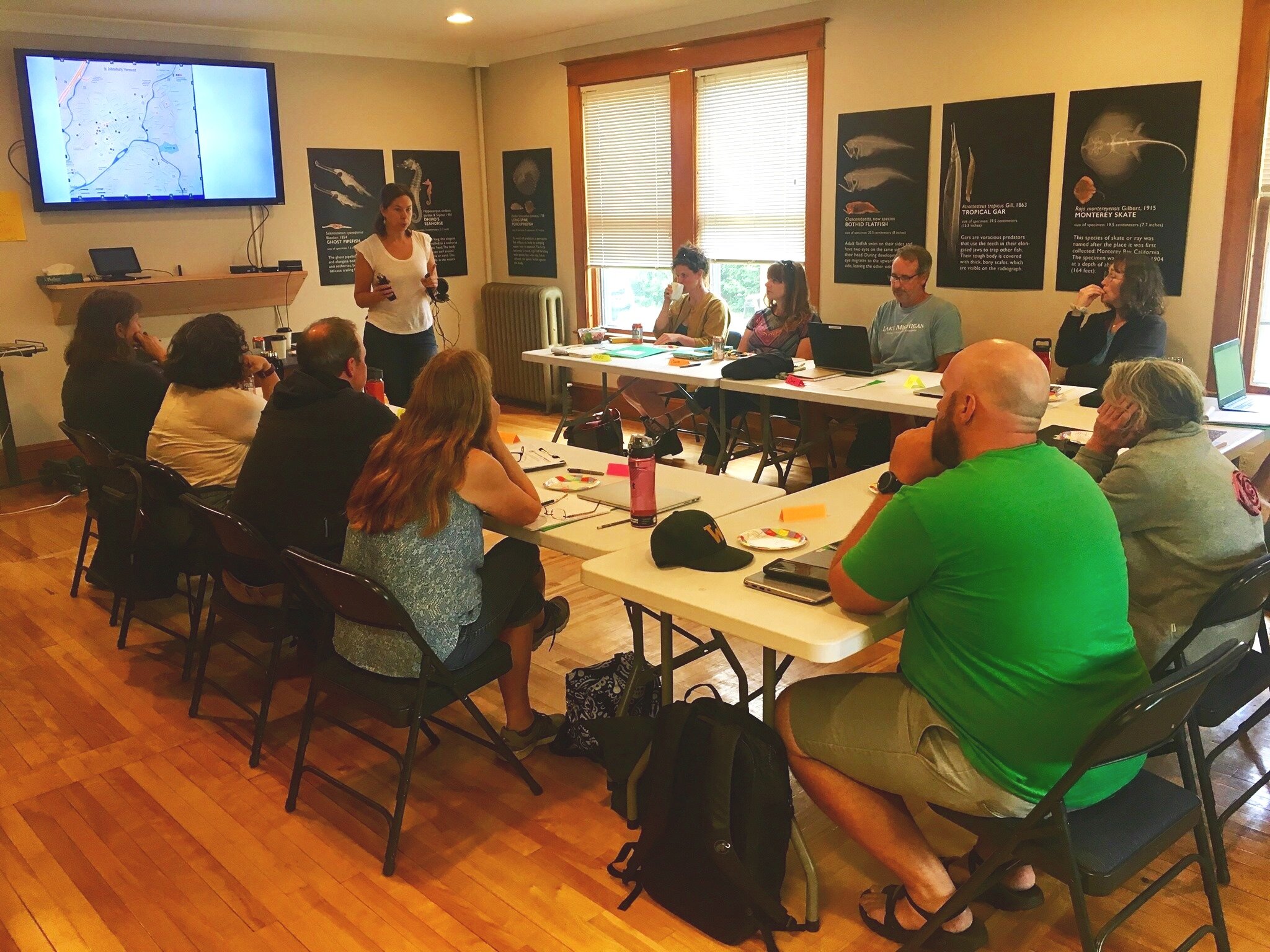
Custom Workshops
We offer custom workshops to meet the needs of your community or organization. Check out what we have coming up:
Project Consulting
Our staff, trained in ethnography and documentary techniques are also available to consult on project design.
For Educators


Resources
We support project- and community-based learning. Browse our resources:
Local oral history collections
Media-making and storytelling
Perspectives on identity and belonging
Educational Partnerships
VT Folklife educators make visits to secondary and post-secondary learning spaces to support students and educators in learning about ethnography, interviewing, and local culture.
The Vermont Community Fellows Program (VCFP), a partnership between Vermont Folklife and Conversations from the Open Road, is a three-year initiative to build statewide capacity for community-based, action-oriented field research. This year the program accepted 15 applicants into its first cohort. Over the next 12-18 months, the Fellows will receive in-depth training to inform and guide their ongoing work with the people and places that matter to them most
Vermont Folklife is featured in the 10th Volume of the Journal of Folklore and Education!
The volume focuses on Teaching With Folk Sources, a partnership with our colleagues Local Learning that Vermont Folklife staff have been involved with over the past two years. Teaching With Folk Sources focuses on making materials in ethnographic and oral history archives accessible to classroom teachers.
This spring, we–with project partners History Miami Museum, Oklahoma Oral History Program, OSU Writing Project and Local Learning–launched Folk Sources, a digital resource that provides pathways and tools for learning with specific types of primary source materials: field recorded archival sound, documentary photographs, text and other items generated through the research activities of folklorists, ethnomusicologists, oral historians and anthropologists.
Multiple Perspectives and Counter Narratives in Vermont’s Food System: A workshop for K-12 educators and partners was an inspiring occasion that brought together educators and community partners to discuss learning strategies that focus on creating a more just and sustainable food system.
Thanks to grant funding from the Canaday Family Foundation, the Vermont Folklife Center is pleased to welcome our first Youth Media Fellow for the 2022-2023 academic year. This position will support the objectives of the Vermont Voices pilot program, whose main objective is to integrate humanities-centered training and skills practice at career and technical education (CTE) centers.
This summer included two activities that have shaped the development of our classroom resources. This past July, the VFC organized a workshop at the St. Albans Museum for K-12 educators that presented oral history interviews focused on the role farmers play in Vermont’s history and identity. A few weeks later, the VFC participated in a workshop at the Minnesota History Center that offered strategies for pairing the use of primary sources with approaches to culturally relevant pedagogy.
The Folklife Center strives to reach across the state with our events and exhibits, and this July we’re enjoying concentrating our energy in southeastern Vermont through a range of programs in Brattleboro. The In/Visible Stories Series centered around The Most Costly Journey exhibit, on display through the end of July, features the experiences of Latin American migrant farmworkers in Vermont. Here’s a glimpse of some of the events that have taken place over the last two weeks:
This winter, the Folklife Center launched its Teaching with Primary Sources project. As part of that effort, VFC surveyed its own archival holdings to identify primary sources related to farming life and local foodways. April McIlwaine, a graduate student of the UVM Foodways Program and VFC Education intern for Spring 2022, was an instrumental part of the completion of this survey, and offered key insights for the future of this project.
On March 13, 2022 VFC Education staffer Mary Wesley attended a special reception at the Brattleboro Museum and Art Center (BMAC) to celebrate a collaboration between the VFC’s Vermont Voices project, the Windham Regional Career Center, and Mexican-American artist Yvette Molina. Mary reflects on the experience in this Field Note.

